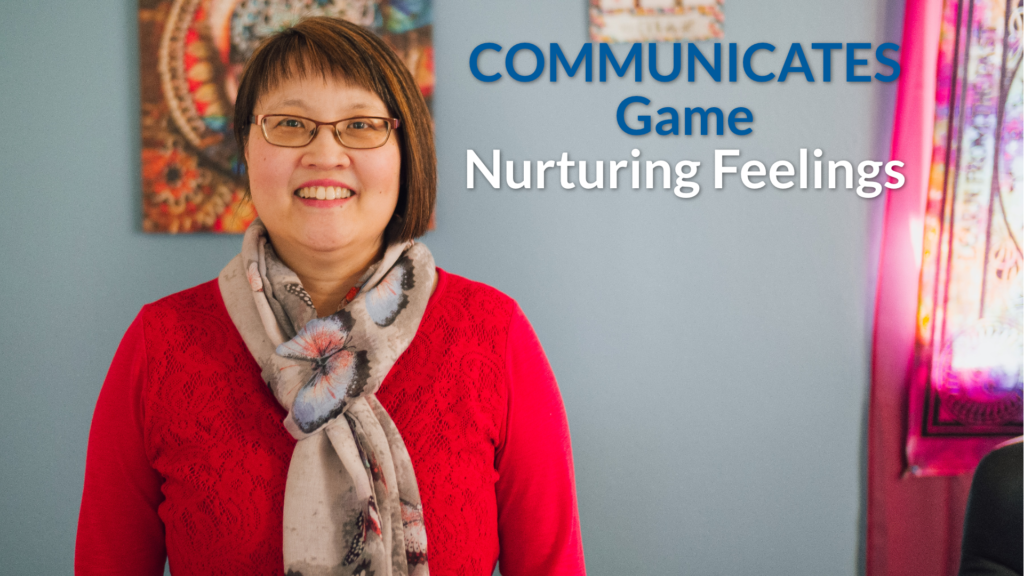Nurture Feelings | The COMMUNICATES Game

If you’re a sensitive, introverted, conflict phobic person who would love to be able to communicate your thoughts, feelings and desires, without the fear of arguments and criticisms, so that you can have a happy and harmonious relationship so that you will never feel lonely again, in your relationship with your partner. Stay tuned for […]
Let’s Play COMMUNICATES (Nurture Feelings)

During your ‘communication game’ has this ever happened to you? You’re having a nice communication and then all of the sudden the mood suddenly changes? The mood has changed because either another person joined the group, or something was said which totally changed the whole mood of the conversation. If you resonate as being a […]
